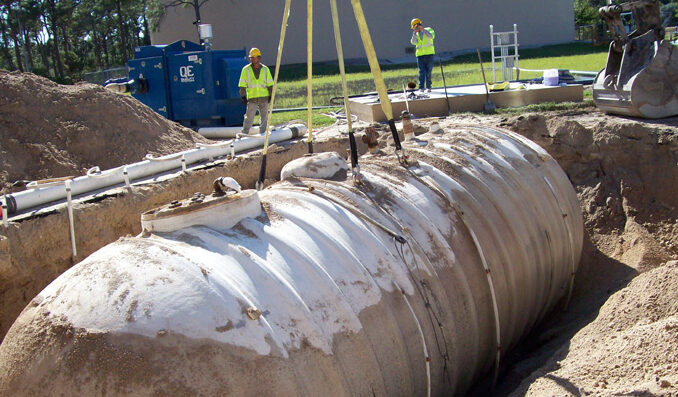In the realm of environmental regulations, Aboveground Storage Tanks (AST) and Underground Storage Tanks (UST) compliance are paramount concerns for businesses. Ensuring compliance not only adheres to legal requirements but also safeguards your business against potential hazards and fines. In this article, we’ll delve into the essentials of AST/UST compliance, shedding light on crucial aspects every business should be aware of.
Understanding AST/UST Compliance:
Aboveground and Underground Storage Tanks are used by various industries to store hazardous substances, fuels, and chemicals. Compliance involves adhering to federal and state regulations that govern the design, installation, operation, maintenance, and closure of these tanks.
Key Considerations for Businesses:
- Regulatory Framework: Familiarize yourself with federal and state regulations governing AST/UST systems, including the Environmental Protection Agency (EPA) guidelines.
- Installation and Maintenance: Tanks must be installed by certified professionals and regularly inspected to prevent leaks, corrosion, or structural issues.
- Leak Detection: Implement efficient leak detection methods, such as automatic tank gauges or groundwater monitoring, to promptly identify and address potential leaks.
- Spill Prevention: Develop spill prevention plans, including secondary containment systems, to minimize environmental impact and protect nearby water sources.
- Record Keeping: Maintain detailed records of inspections, repairs, and compliance activities. Organized documentation is crucial during regulatory audits.
- Closure Procedures: Properly close and remove tanks that are no longer in use, following guidelines to avoid soil and water contamination.
Why Compliance Matters:
- Environmental Protection: Compliant practices safeguard the environment, preventing soil and water contamination, which could lead to severe ecological damage.
- Avoiding Fines and Penalties: Non-compliance can result in hefty fines and penalties. Regular compliance ensures you don’t incur unnecessary financial setbacks.
- Public Safety: By adhering to regulations, businesses contribute to public safety, ensuring that nearby communities are not endangered by potential leaks or spills.
Bottom Line
Incorporating AST/UST compliance into your business practices is not just a legal requirement; it’s a responsibility towards the environment, public safety, and your business’s reputation. By staying informed, implementing best practices, and keeping up with inspections, businesses can navigate the complex landscape of AST/UST compliance successfully.
Remember, understanding and proactively managing compliance is not just a legal necessity but a commitment to creating a safer, greener future for all.
For further assistance and expert guidance on AST/UST compliance, feel free to contact us. We’re here to help you navigate the compliance landscape and ensure your business operates responsibly and efficiently.

